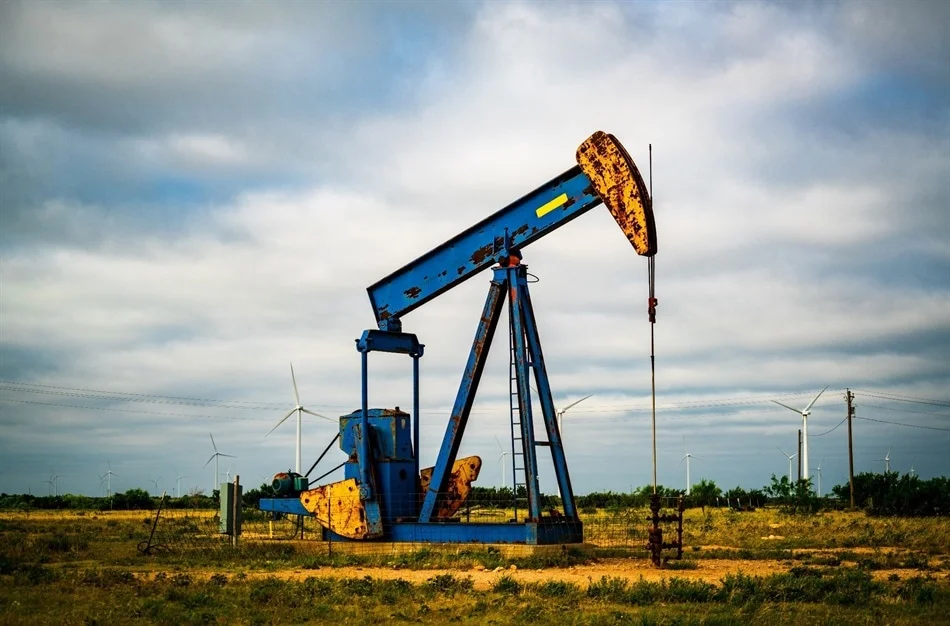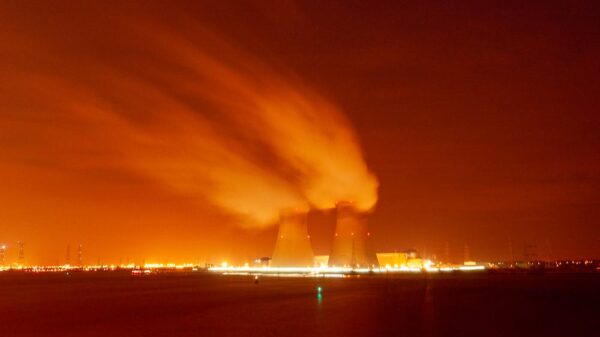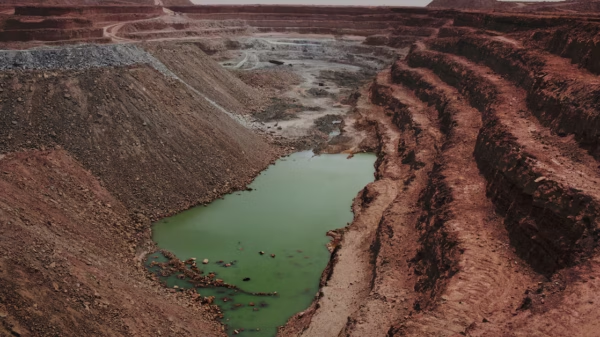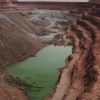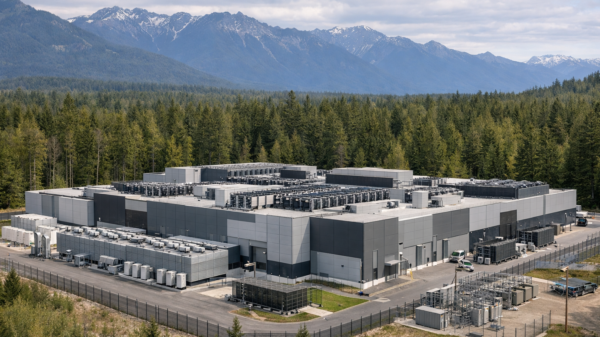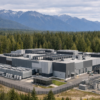The Government of Nova Scotia is holding public discussions which could determine the fate of the uranium mining industry in the province.
Multiple presenters told the legislature’s committee on public bills Monday that the Houston government should not lift the ban on uranium exploration and mining or end the moratorium on fracking for onshore gas without robust public consultation.
They argued the omnibus legislation Bill 6 should not move forward without significant public input—if it moves forward at all.
For several months, Premier Tim Houston has claimed that blanket bans on resource development result from lazy government policy and pressure from special interest groups.
However, neither he nor anyone in his government has identified those groups. On Monday, several presenters challenged that assertion, focusing especially on fracking.
Barbara Harris, a member of the Nova Scotia Fracking Resource and Action Coalition, pointed out that a former Liberal government implemented the moratorium after an independent expert panel conducted an extensive scientific review and public consultation. She noted that the process gathered public input, leading to a majority supporting the moratorium.
David Wheeler, former Cape Breton University president who led that review, recently accused the previous Liberal government of badly mishandling the issue by ignoring his recommendations for further research and consultation.
He said that regulations could manage the smaller risks of fracking, but he noted that since his report was published a decade ago, the world has “woken up” to the threat of climate change.
Read more: Westinghouse Electric Company inks deal to provide UK first privately-financed SMR fleet
Read more: World SMR pipeline expands by 65% since 2021; uranium supply challenges persist
Several presents criticized lack of public consultation
Houston has stated that projects will not proceed unless proponents demonstrate they can be carried out safely.
East coast environmental lawyer, Tina Northrup, told the committee that the premier’s “divisive rhetoric” in support of greater natural resource extraction contradicts his calls for unity in responding to U.S. tariffs.
Like several other presenters on Monday, Badia Nehme from the Ecology Action Centre criticized the lack of public consultation before the government introduced Bill 6. Nehme also pointed out that the Assembly of Nova Scotia Mi’kmaw Chiefs has raised concerns about the process.
“It is not lazy policy-making to consult Nova Scotians on matters which affect our health and our environment,” said Nehme.
Nehme urged the government to keep both moratoriums in place until a formal public consultation and First Nations consultation occur. Meanwhile, Ken Summers, who lived near fracking test wells in Noel, N.S., initially saw no issue. However, Summers witnessed problems when waste ponds were abandoned.
In contrast, Sean Kirby, executive director of the Mining Association of Nova Scotia, supported lifting the uranium mining ban. He argued that industry practices have evolved significantly since the province first imposed restrictions in the 1980s.
Kirby stated that Saskatchewan’s uranium industry thrives, boosts the economy, and enjoys strong public support.
He argued that ending the ban in Nova Scotia would allow exploration to assess whether deposits are economically viable while also improving the province’s resource data.
Citing reports from the Canadian Nuclear Safety Commission, he emphasized that modernized approaches have significantly reduced the risks once linked to uranium mining.
Read more: Department of Energy inks deal with six companies for low-enriched uranium
Read more: F3 Uranium finds high radioactivity during summer drilling campaign in Saskatchewan
Fracking remains controversial due to environmental risk
Fracking, or hydraulic fracturing, is a method used to extract oil and natural gas from deep underground rock formations.
The process involves drilling a well and injecting a high-pressure mixture of water, sand, and chemicals to fracture the rock. These fractures allow trapped oil and gas to flow to the surface, making previously inaccessible energy resources viable for extraction.
Fracking has increased oil and gas production and contributed to energy independence and economic growth in shale rich regions.
However, fracking remains highly controversial due to its potential environmental and health risks. One major concern is groundwater contamination, as the chemicals used in fracking fluid can leak into underground water sources. Industry advocates claim protective measures prevent contamination, opponents argue leaks and spills have already polluted drinking water in some areas.
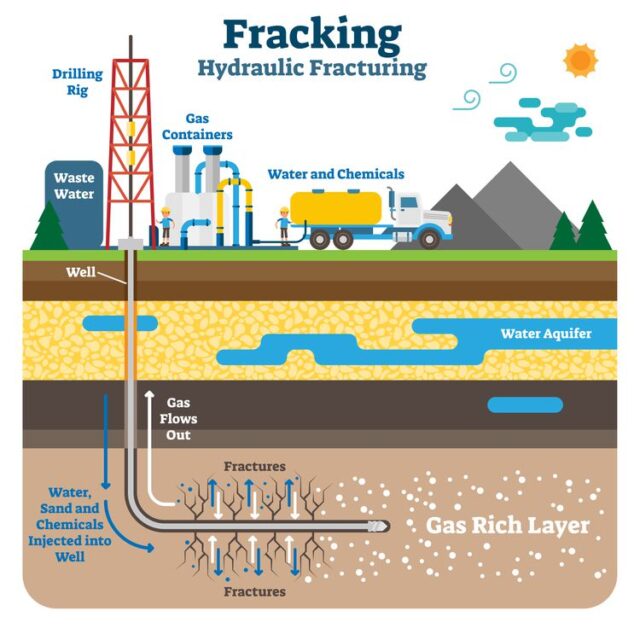
Diagram on how fracking works. Image from VectorMine via Getty Images.
Fracking can strain local water supplies, especially in drought-prone regions. Additionally, studies link fracking to increased seismic activity, as wastewater disposal in deep injection wells can trigger earthquakes.
Beyond these immediate environmental risks, critics argue that fracking contributes to climate change by releasing methane, a potent greenhouse gas. While natural gas burns cleaner than coal, methane leaks from fracking operations can negate those benefits.
Supporters of fracking speak on its economic advantages, job creation, and role in reducing dependence on foreign energy. However, concerns over environmental damage, public health, and long-term sustainability keep the practice at the center of heated debates. Many governments and communities continue to weigh the economic benefits against the potential costs.
.
joseph@mugglehead.com

